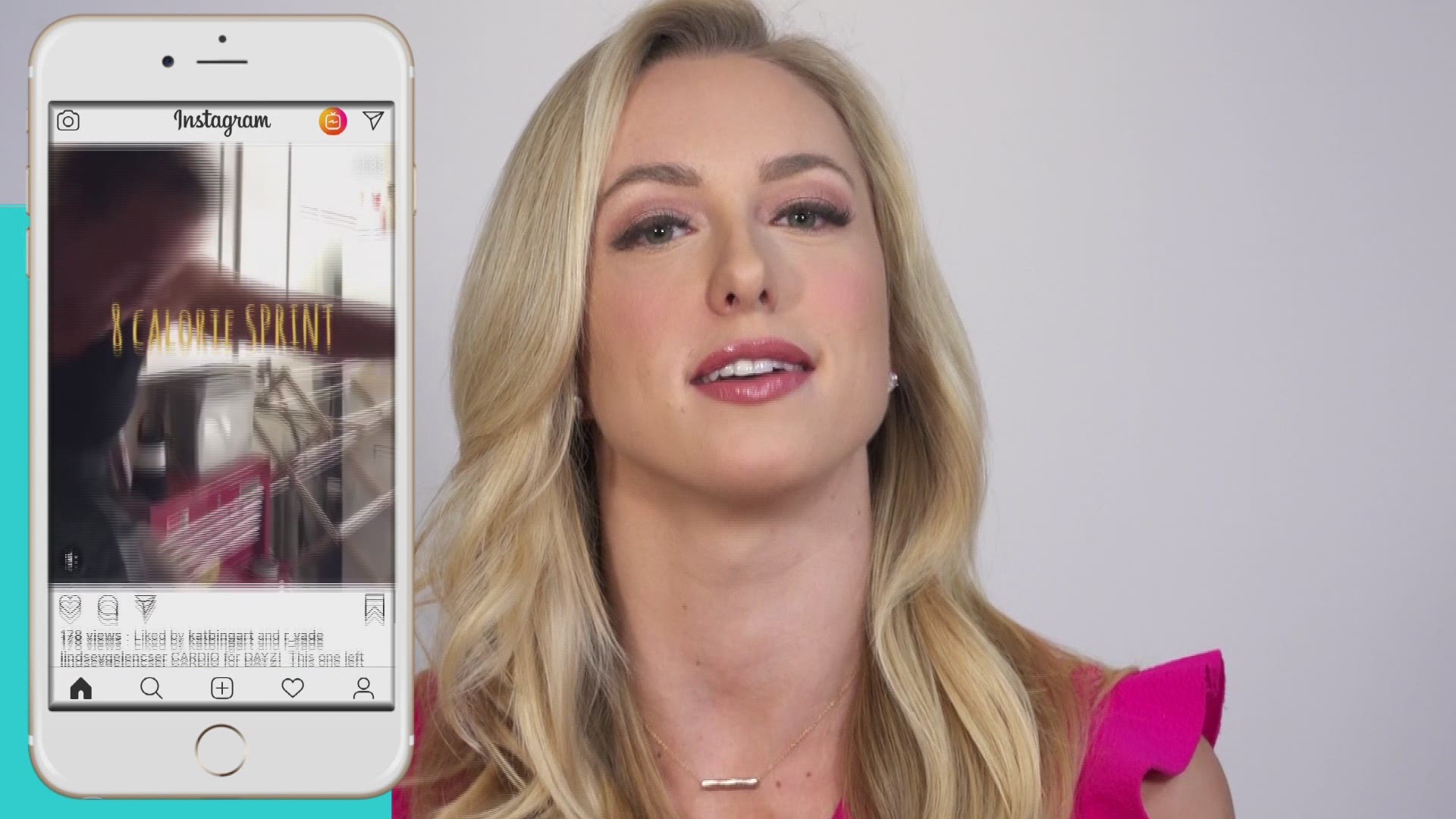If you are viewing on the ABC10 app, tap here for multimedia.
The election is held every first Tuesday after the first Monday in November because Congress passed a law that made it so in the 1800's.
According to History.com, this is due to the agrarian nature of America during this time. Weekends were impractical for the population because Sundays were spent in church and Wednesday was a market day for farmers, so Tuesday was determined to be the most convenient day.
Many citizens were farmers, and, in order to vote, they had to travel, but unlike modern travel times, these trips could last around a day due to farmers living far from their polling place. Lawmakers had to allow for a two-day window for election day.
Why is the election held in November?
History.com posits that farm culture was the reason for November is the time of the year. This way elections would not interfere with the planting season or with the harvest. With November, the harvest was finished, but election day would come before the winter weather.
The elections did not happen at the same time
While today it seems synonymous with an election or midterm election, the election of President, Senators, and Representatives did not coincide with one another or the classic “first Tuesday after the first Monday in November” time frame.
President:
For the presidential election, it goes back to 1845. Congress passed a law that made a uniform time for Presidential elections in all states.
House of Representatives:
The House of Representatives didn’t have a uniform time for elections until 1876. Their election date followed the same process as the President’s, "the Tuesday next after the first Monday in November." It was set up for the 1876 election and the elections that would follow.
The United States Senate:
The United States Senate didn’t have a direct election by the public until 1914. Though the Senate was established long before, they were elected by state legislators, not the voters. This was changed with the 17th Amendment to the Constitution, which had Senators be selected through direct elections.
The Tuesday election law began to apply to Senators when they became directly elected by the public.
Why has election day been on Tuesday since 1845?
The law hasn't changed for these elections since that time. There were efforts in Congress, called the Weekend Voting Act, that attempted to address the Tuesday voting as an issue. It was introduced by legislators in the Senate and the House of Representatives as well.
The bill wanted to change election day to the first Saturday and Sunday after the first Friday in November for even-year elections, covering the elections of Representatives, Senators, and the President.
Senator Jack Reed (D- RI) and other senators offered the bill in 2017. The idea was that moving election day to a full weekend would enhance voter participation and that a Tuesday election was outdated and lacked the societal benefit it once had.
The bill was introduced in 2017, however, no additional actions to move it forward have been recorded.
How many people are inconvenienced by a Tuesday election day?
A Tuesday election was a top issue for voters in 2016, according to a Pew Research Poll and Census data.
In Pew Poll, registered voters said that the top reasons they did not vote were disliked toward candidates/issues, not interested, too busy/conflicting schedule.
The US Census also cited data showing that a conflicting schedule was the second top reason (14.3 percent) that people didn’t vote on election day 2016. The first was “Not Interested” at 15.4 percent.
One more before you go... In the 2016 election, Census data revealed that a quarter of 18 to 24-year-olds were not registered to vote, and more than a third of those who were registered also didn't vote. This year, ABC10's Michael Anthony Adams caught up with teen voters on why the 2018 election may have more teen voters heading to the polls by the thousands.


